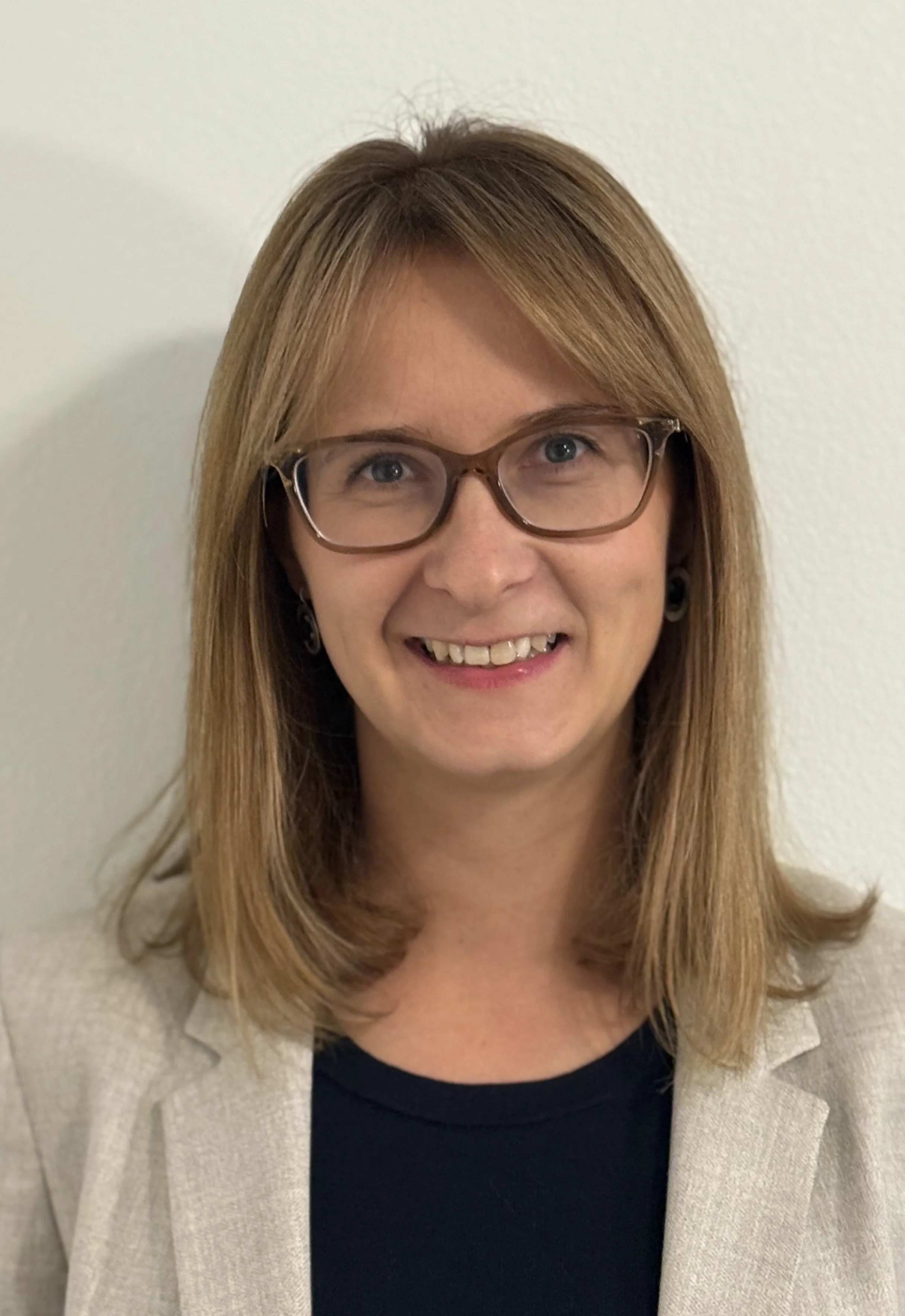is an Assistant Professor of Religious Studies and the Bhagwan Mahavir Director of Jain Studies at Florida International University, Miami. She received her Ph.D. in Asian Religions from Yale University and held the Asoke Kumar Sarkar Early Career Fellowship in Classical Indology at the University of Oxford.
Her book, The Theater of Renunciation: Emotion and the Self in Medieval Jainism, examines the individual, social, and ritual implications of the emphasis on emotional regulation in the writings of Jain mendicants. It is structured around three central themes: the limits and formation of agency; the potency of emotion in shaping individual and collective identities; and the impact of art and aesthetics on mendicant culture. Through close readings of understudied philosophical texts, dramas, and monastic rulebooks, dating primarily from the eleventh to thirteenth centuries, The Theater of Renunciation explores arguments medieval Jains made about reality through theater. Theater emerges as a powerful tool for thinking about emotional regulation, collective accountability, and the alienation of the self. For the philosopher Amṛtacandra (ca. eleventh century), theater functions as a metaphor that transforms philosophy from a purely cognitive exercise into an aesthetic experience. In texts on monastic regulations concerning monks and nuns who have strayed from reason, theater becomes a cautionary tale. It also serves as a site of contestation among competing monastic lineages vying for authority and prominence in northwest India. In the hands of the monk-playwright Rāmacandra (1093–1174), theater becomes a phenomenological instrument that guides the seeker from falsehood to truth, illustrating how emotions are performed, cultivated, and transformed, both within religious practice and in the broader context of human experience.
The metaphor of the “theater of renunciation” in the book’s title draws inspiration from Amṛtacandra, who frames his philosophical commentary as a drama in which the soul identifies with the highest form of knowledge as the epitome of aesthetic pleasure. This theater of renunciation offers the soul an opportunity to discern which experiences truly belong to it and which do not, on its path toward truth.
Read More



